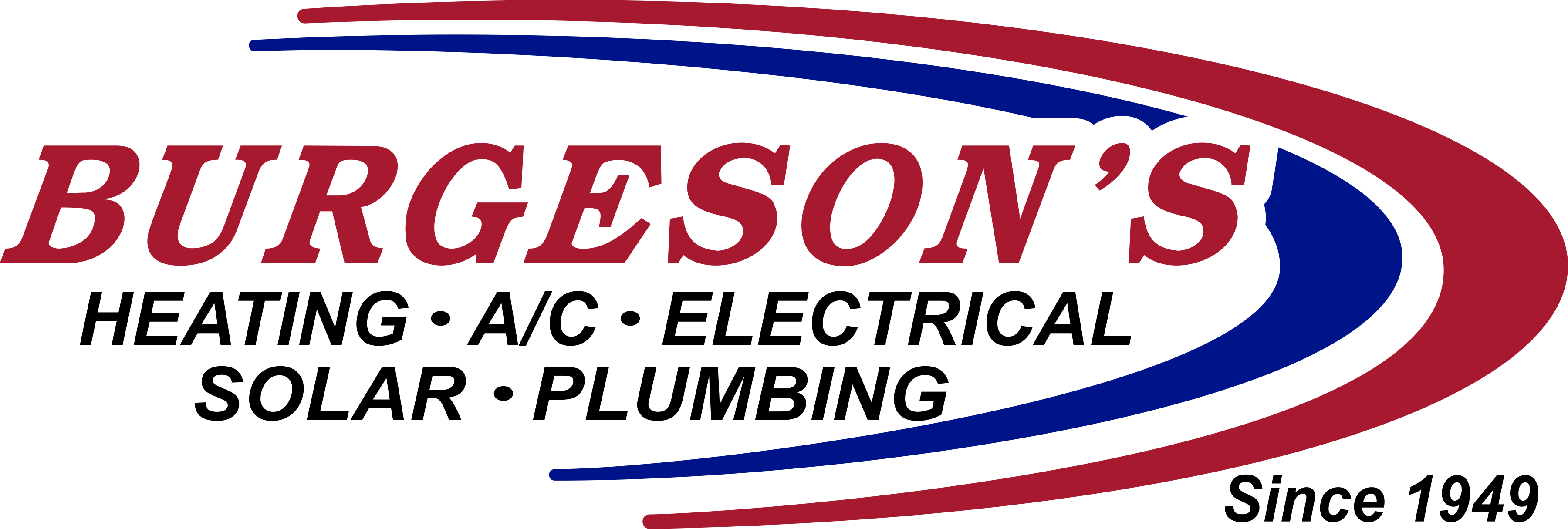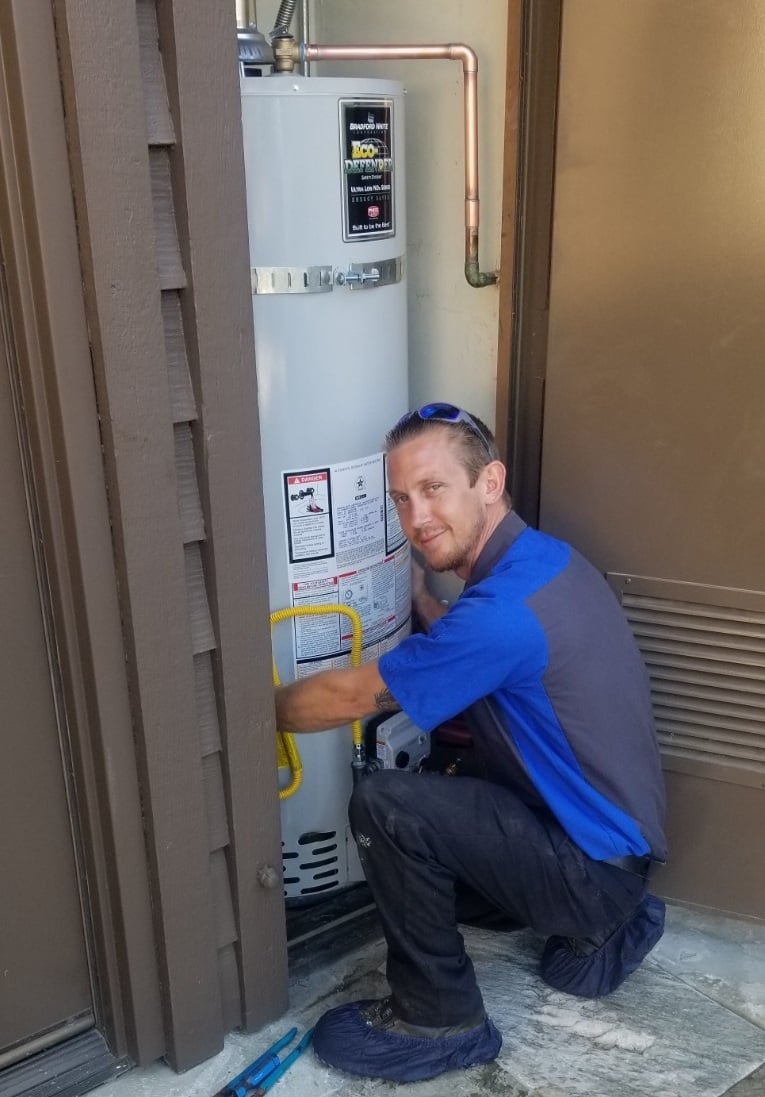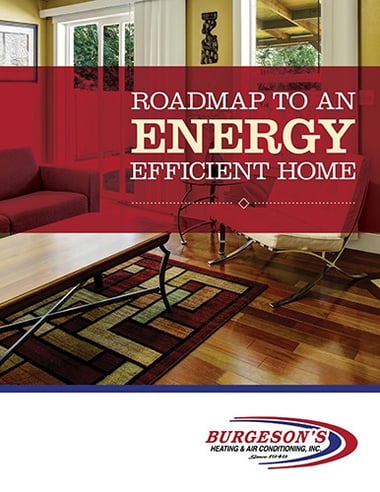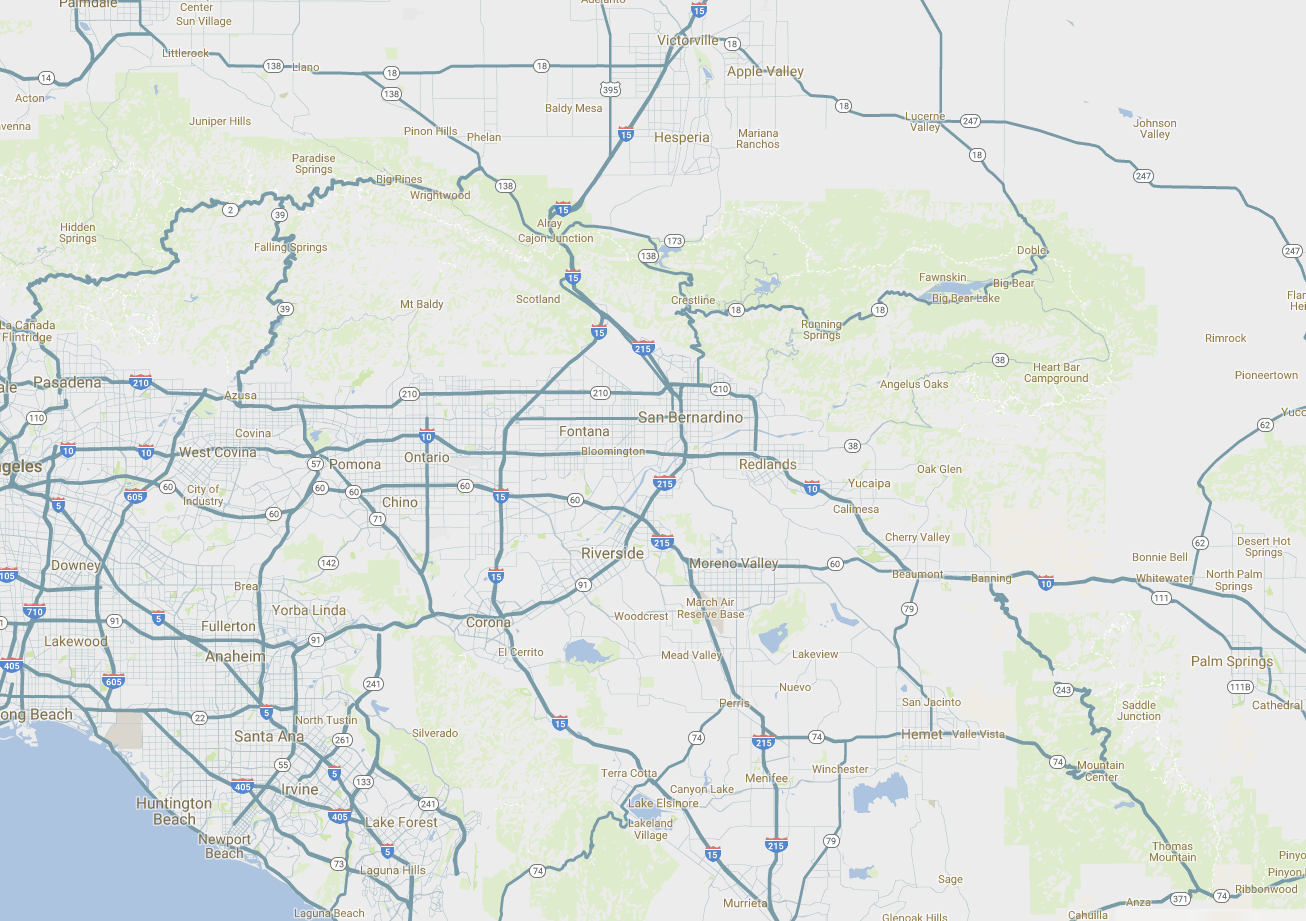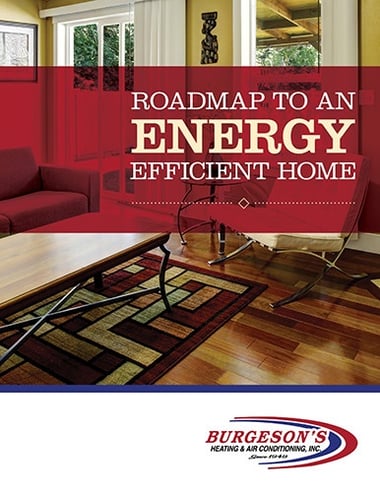This is a hard question to answer because every water heater installation is different. However, to help you budget for your water heater installation project, we’ll provide a broad price range below.
The cost to install a water heater in the Southern California area can range anywhere from $1,000 to $7,500.
Of course, the price you’ll end up paying for your specific installation all depends on several factors, including:
- The type of water heater you choose to install
- The size/capacity of the water heater
- The efficiency of the water heater
- The difficulty of installation
- The contractor you choose
We’ll explain each of those factors and how they impact pricing in more detail below.
Need a down-to-the-penny estimate for your water heater installation? Just call Burgeson’s. We offer free estimates and flexible financing for your water heater installation project.
Cost factor #1: The type of water heater
Most homeowners in the Southern California area choose between 2 types of water heaters:
- A tank water heater
- A tankless water heater
Typically, tank water heaters are less expensive to install than tankless water heaters.
However, tankless water heaters are more efficient than their tank counterparts, which means homeowners can usually pay back the higher installation cost via the energy savings over the lifetime of the unit.
Tankless units are more efficient because they only heat water as it’s needed, whereas tank water heaters keep a tank of water continually heated (which requires more energy/gas).
If you’re not sure which type of water heater is best for you, consult our plumbers. They’ll be able to explain the pros and cons of each system as it relates to your home’s hot water needs.
Cost factor #2: The size of the water heater
The larger the water heater’s capacity, the more the unit will typically cost.
The size water heater you will need all depends on your hot water usage and the number of people in your home. However, the sizing method is different depending on the type of water heater you’re getting: tank or tankless.
We’ll explain.
Tank water heater sizing method
If you’re trying to determine what size tank water heater you need, you’ll want to look at the following factors:
- The tank’s capacity.
- The system’s first hour rating.
- The system’s recovery rate.
Tankless water heater sizing method
If you’re trying to determine what size tankless water heater you need, you’ll want to look at the following factors:
- The system’s flow rate.
- The temperature rise needed.
Not sure what size water heater you’ll need? We know it can be confusing and difficult for homeowners to accurately predict the size they will need. Just contact Burgeson’s and we’ll help you find the perfect fit for your hot water needs.
Cost factor #3: The efficiency of the water heater
The higher the efficiency of the water heater system, the more it will cost.
However, higher-efficiency systems also provide higher energy savings throughout the lifetime of the water heater. That said, most homeowners often opt to pay more upfront for a higher-efficiency water heater.
Water heater efficiency is determined by its (U)EF rating or (Uniform) Energy Factor. The higher the (U)EF rating, the more efficient the system.
There are federal requirements for minimum (U)EF ratings but the requirements range widely depending on:
- Whether you’re getting tank or tankless
- Whether you’re getting a gas or electric water heater
- The size of the water heater
To be sure you’re getting a high-efficiency system that meets federal requirements and will save you money on utility bills, contact a Burgeson’s plumbing advisor.
Cost factor #4: The difficulty of installation
The more difficult the installation job, the more you’ll pay for labor costs.
That said, a more “difficult” water heater installation might entail:
- Installing a system in a tight, enclosed space
- Converting from an electric to gas water heater
- Modifying existing gas lines and/or venting
- Modifying location space to meet safety codes
Cost factor #5: The contractor you choose
Higher-quality contractors with more experience often charge more for installations than lower-quality contractors.
While it may be tempting to go with the lowest bid for your water heater install, we suggest that you first confirm that the contractor offering a low price is actually qualified and experienced enough to perform the job well. All too often, our team has been called in to fix a poorly-installed water heater. Homeowners will tell us that they chose a contractor based on their low prices but when issues arose from a bad installation, that contractor couldn’t or wouldn’t fix the issue.
To avoid this situation, follow these tips to vet a contractor:
- Verify that they are licensed and insured in the state of California to perform water heater installations (ask for their license #)
- Ensure that they have experience changing water heaters
- Ask them to provide an upfront estimate in writing
- Ask them to provide references from satisfied customers
Want an estimate for your water heater installation?
Call Burgeson’s if you’re looking for a licensed, insured and experienced plumber to install your water heater.
We start every water heater installation with a free estimate. We’ll inspect your home, listen to your needs and budget concerns and then help you find the perfect water heater system. If you choose us to install your water heater, we may even be able to schedule the installation that same day.
Plus, all of our water heater installations are backed with a 1 year labor warranty and a 6 year manufacturer’s warranty as well as flexible financing options.
